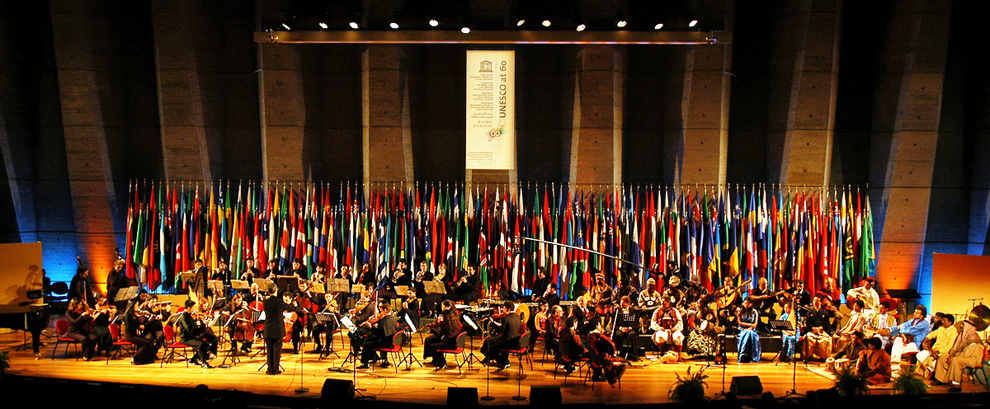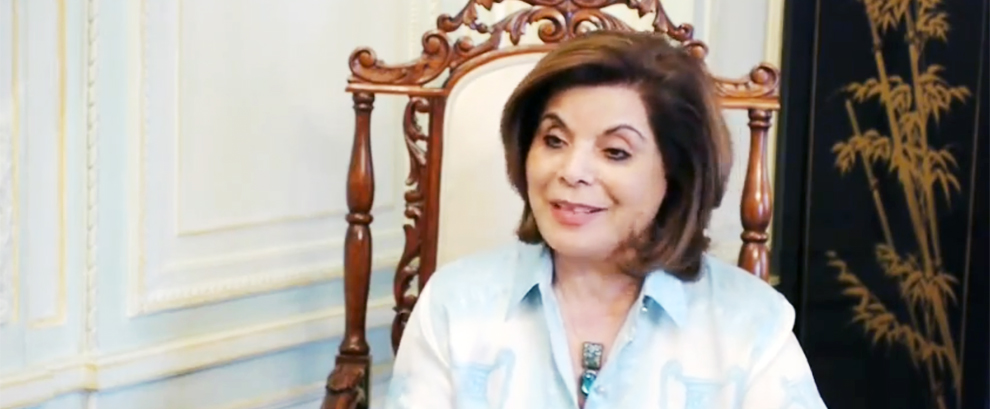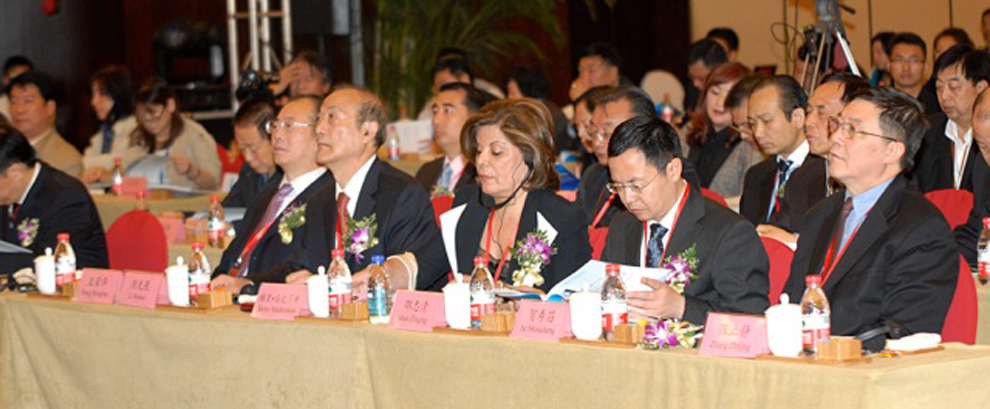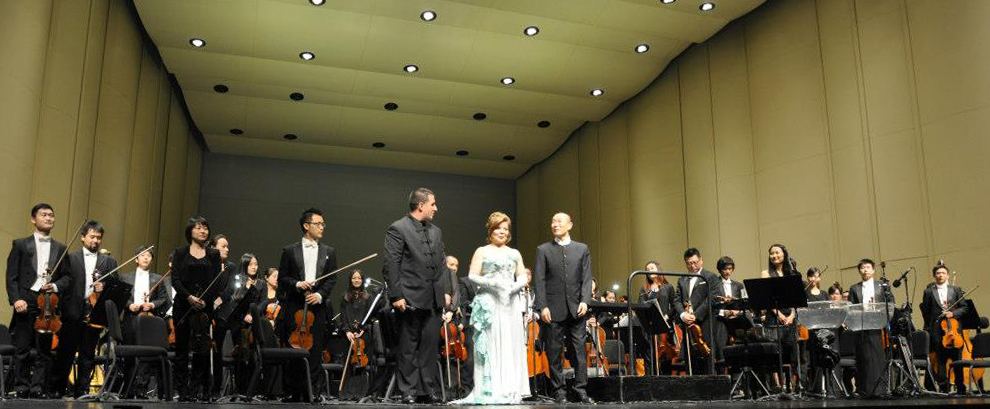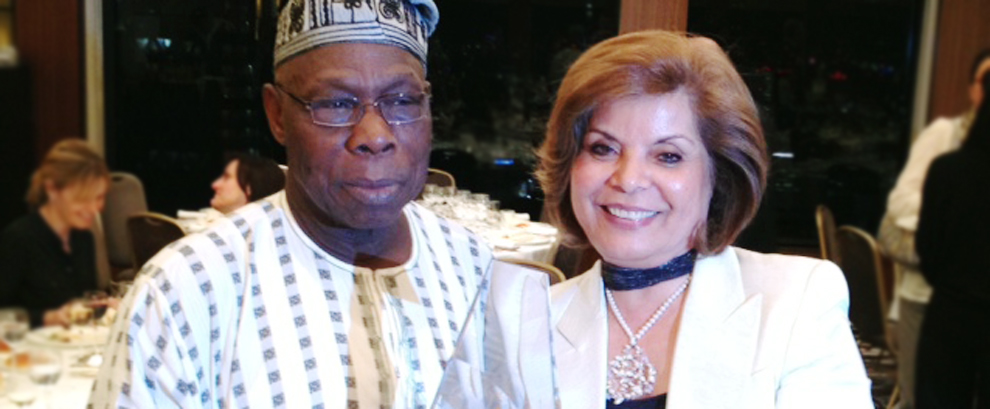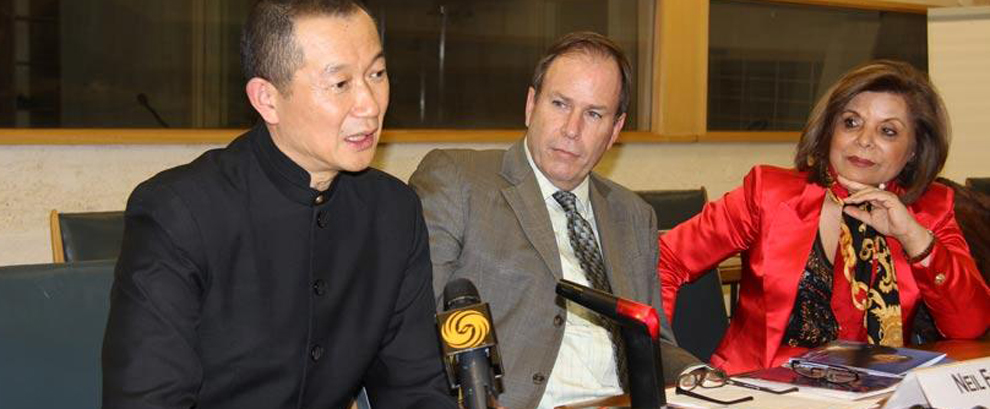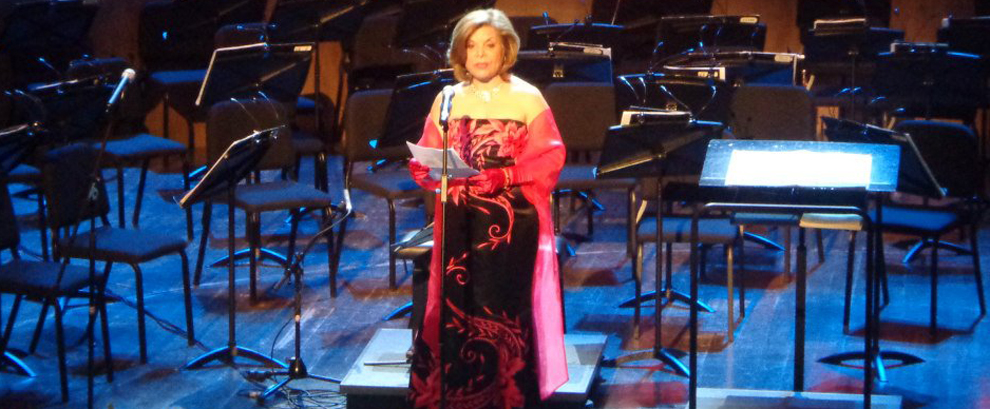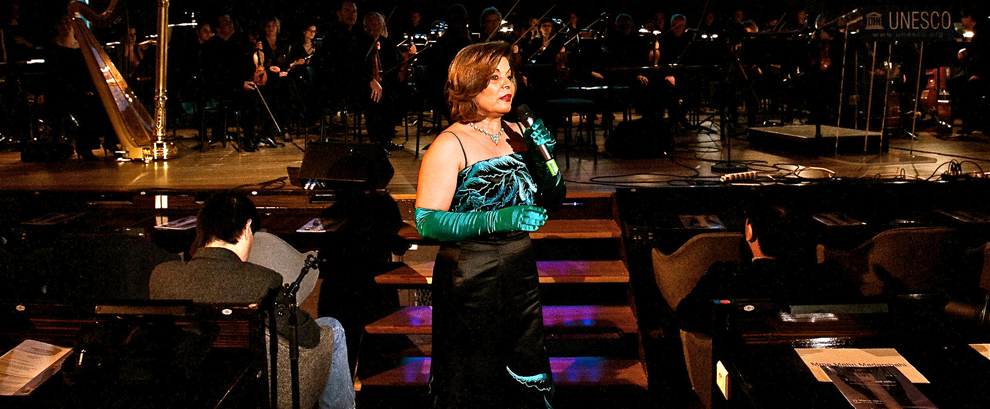MaximsNews Network
By Mehri Madarshahi
The recent Presidential election in Iran represents a classical form of smoke screen with respect to the application of universally accepted principles and standards of democracy.
If democracy -as presently practiced by those who never enjoyed it and applauded by those who prescribed it means merely casting votes, well then the latest Iranian poll may well be considered an example of a democratic election.
Give and take, depending on the estimates, some 28 million individuals went to the polling stations, approximately 55% of all eligible Iranian voters.
Is the result a sham?
Maybe, but probably according to some sources familiar with Iran, it was a useful sham. The country acted as if it lived in conditions of democracy and pretended to exercise fully the right to vote.
The conservatives, also labeled as hardliners, settled their scores within their own ranks by applying a well-known and useful tool of democracy: vote the opponents out.
The election thus served as a safety valve to stall, at least for the moment, the specter of an escalating internal conflict.
The so-called moderates or reformers – I would rather call them pragmatists – lost by miscalculation or sheer bad luck- all they were hoping to achieve during the past few years.
To start with, at the Parliamentary election last February, their mass resignations provided an easy opportunity to the hardliners to stack all seats with candidates of their choice and ilk.
Despite the blatant action, it caused no up rise or outcry from the people who had by then lost all their hopes for change and faith in moderation.
Next came the election for the office of President.
By pushing a large number of candidates to the fore, the liberals hoped to retain some hand in government and to preserve their agenda.
However, the landslide victory by the conservative camp created an absolute monopoly on power, permitting total control of the elected and appointed institutions that govern the country.
The hardliners in the Guardian Council had deliberated for weeks who should be allowed to run for the Presidency and who should be eliminated from participation in the election.
Swiftly, the applications of 1,008 candidates, including all 93 women who wanted to contest, were rejected for “non-compliance” with Islamic rules and principles.
Mustafa Moiin – the leading moderate candidate and considered close to incumbent President Mohamed Khatami – was among those rejected.
However, probably to weaken the early favorite Hashemi Rafsanjani who portrayed himself as a liberal, a decision was made by the “Supreme Leader” to permit Moiin and two other applicants, Alizadeh and Ghalibaf (Head of the Nasr army) to enter the race thus likely to divide the vote.
For a long while, the election was considered to be Rafsanjani’s to lose.
After all, he had been one of the fathers of the revolution, sponsored by Ayatollah Khomeini and had already served two terms as President of the Islamic Republic.
Speculation of tension at the highest levels of government a few days before the election created the appearance of the vacuum required to advance the race in an unpredictable manner.
The showdown reached a climax, when out of the blue, Mahmoud Ahmadinejad appeared on the horizon and cheered on by all who wanted an absolute grip on the country’s affairs and power levers.
It is hard to obtain any reliable information on what exactly happened.
Why did the Supreme Leader, who had been created and helped by Rafsanjani, suddenly ceased to push or at least support his candidacy. The absence of any independent media source, makes it harder to speculate.
But certainly, whoever controlled the available channels of communications, also controlled the minds and votes of the ordinary people.
Ahmadinejad’s introduction to the public was swift and unpredictable.
In a few days he came to be portrayed as the guardian of the poor and the protector of the deprived. His humble style of living and his attitudes were portrayed as indispensable virtues for a new President.
Divided by class and ideologies, the voters essentially had to choose between a known shrewd politician with not very clean hands, and an unknown Ahmadinejad, who gained his fame as the new pro-poor and anti-corruption candidate.
Born some 49 years ago to a black-smith father and served two years as a hand-picked Mayor of Tehran. His claim to glory started with the occupation of the US Embassy in Tehran in the 80s.
The deprived segment of the population (both in terms of income and education) favored Ahmadinejad since he vowed to end corruption and bring about a level of prosperity.
More affluent and liberal Iranians voted, despite their lack of trust, for Rafsanjani as the lesser of two evils.
Among the latter were also many opponents of the Islamic Republic’s religious elite, who reject the basic underlying principles of the Islamic Republic, whereby the constitution gives the unelected Supreme Leader, Ayatollah Ali Khamenei, undisputed control over the judiciary, civilian affairs and the defense issues and institutions.
Those familiar with the Iranian style of Government know, however, that this election by itself could not and will not have any profound impact on the actual policies of the Government.
I still recall that the outgoing President Mohamed Khatami once noted, while he was aware of not fulfilling most of his promises to reform and modernize Iran, people should know that he had no power.
Real power in Iran lies in the hands of the country’s clerics and their supreme leader Ayatollah Ali Khamenei, who can overrule at any time any elected official.
Despite all these circumstances, with the total support of the hardline group, the new President might well be able to change the way the government approaches and carries out its policies.
On the nuclear programme, for example, Mr. Ahmadinejad made it clear that he would fight for Iran’s right to enrich uranium for civilian uses.
A great number of Iranians boycotted the election and did not participate in voting. Now as it turns out, a majority among them is fearful of its unexpected outcome.
The ideological warfare of the past 27 years has taken a heavy toll among the youth of yesterday and those of today.
Both disenchanted and dissuaded by their endless struggle to climb the early steps of the freedom tower, they see now their country floating in a stormy sea, where shores are far and safety nets are lost.
The world is watching with anxiety, too.
The newly elected President has never held any elected office and is extremely inexperienced in dealing with pressing global issues.
The US which seemed to hold its breath as well, was quick to react to the early returns of the Presidential election by raising concern over the legitimacy of the poll in Iran, noting that “over 1,000 candidates were disqualified from running “.
Of more concern to the United States and the European Union, which is engaged in negotiations with Iran over its nuclear programme, is Ahmadinejad’s apparent inflexible approach to foreign policy.
This may inadvertently undermine any chance for a reconciliation with the United States and complicate the talks with the European powers on nuclear issues.
The New York Times maintained that the Administration was now “bracing for a long, hot summer of confrontation with Iran, first over its nuclear programme, then over terrorism, and perhaps over the fuelling of the insurgency in Iraq.” All too familiar tactics!
Could this result in another “color-coded” revolution in the footsteps of those of Ukraine, Georgia and Lebanon? Is Iran prepared for such a movement? Half of Iranian may disagree with any such notion.
Among them are those who suffered the rage of the Iran-Iraq war for10 years with all its ensuing destruction and deprivation. Million of young kids and ordinary people died when they were forced to stand up against an ancient enemy and sacrifice their lives and those of others.
The elites – highly divided – will hardly support such a move, since they have the most to lose.
Despite their longing for an American style of living, the recent policies of the US in the Middle East and Afghanistan, have erased their hopes and trust in American intentions and policies in this part of the world.
These people are watching very closely the misfortune of the Iraqis under occupation.
Given its vast reserves of oil and natural gas, they know that Iran may well be the next prey in the grip of the American Eagle.
A majority among them still hopes for a miracle, knowing too well that soon they have to make a choice between homemade repression and outside aggression.
Mr. Ahmadinejad’s Government has also little time to face “the music” both from within and the outside.
Events unfolding call for a cautious strategy tuned to rules accepted both domestically and internationally, rather that of survival to gain more time.
The forces of globalization are knocking at the walls and the young are yearning for more personal freedom.
They may unleash their anger against all who deprived them of the basic principles of freedom and human rights.
Could this give a new color to a new uprising by a newly frustrated nation?
Let’s hope for the sake of all, that it is not red.


